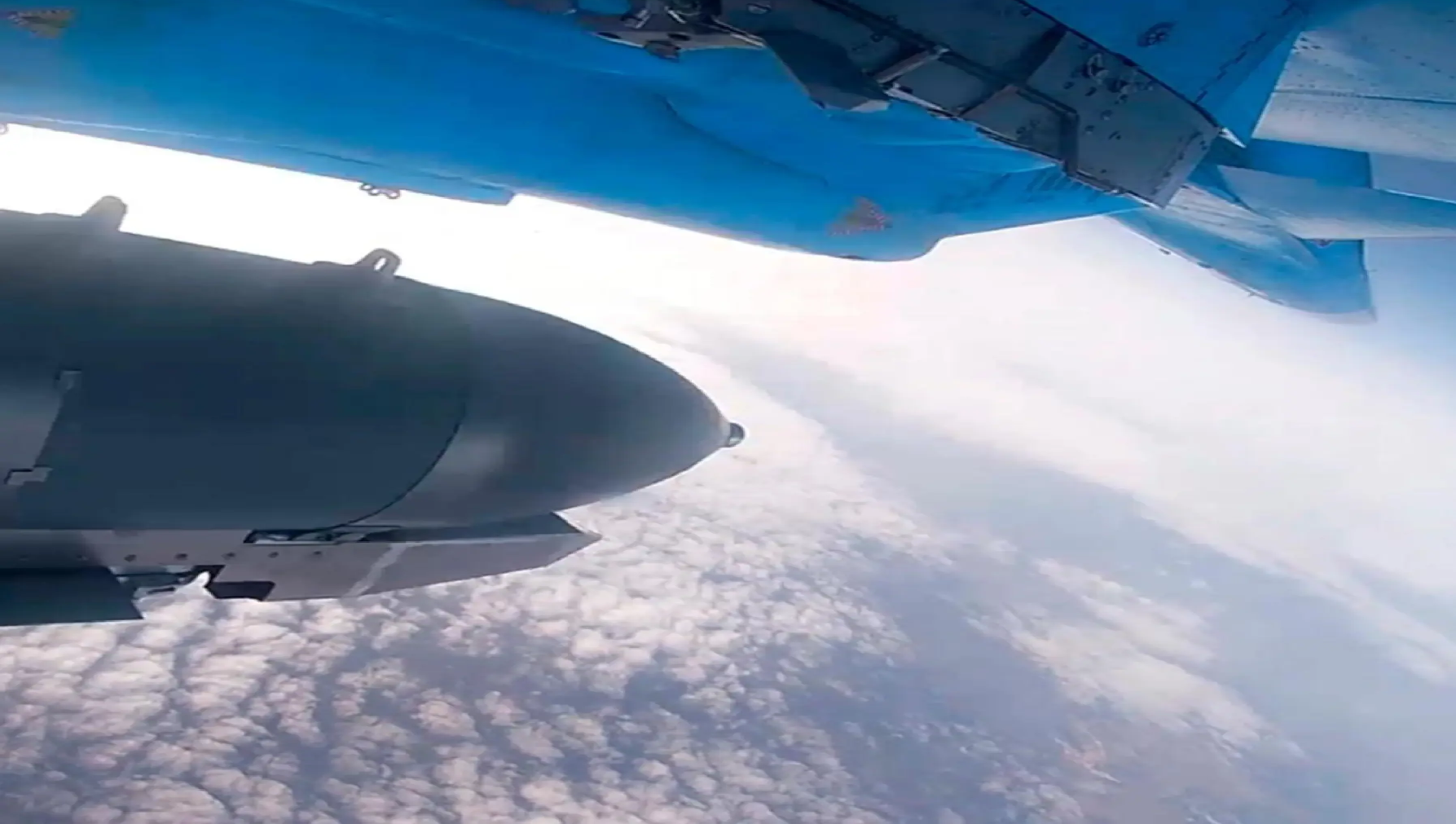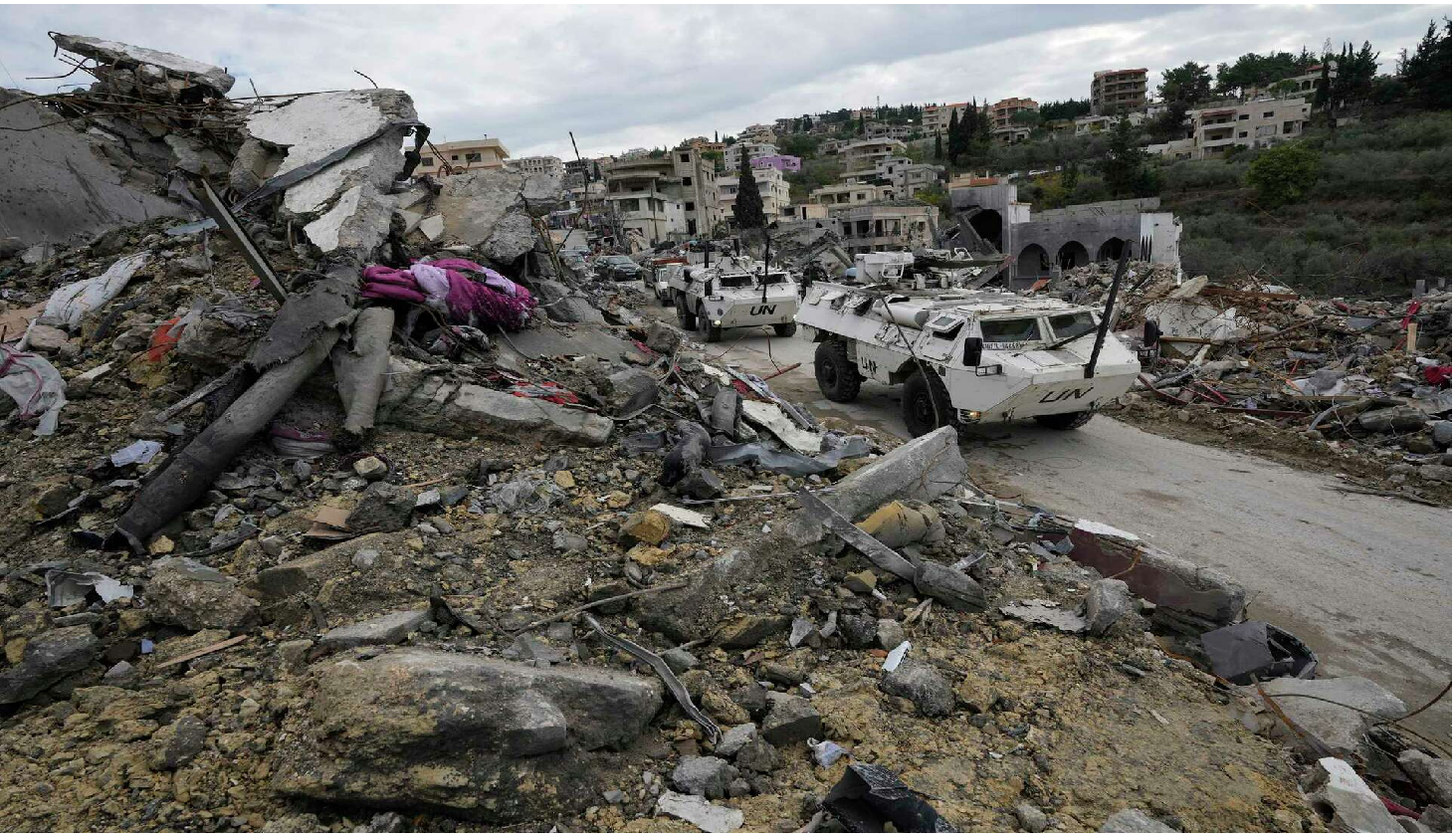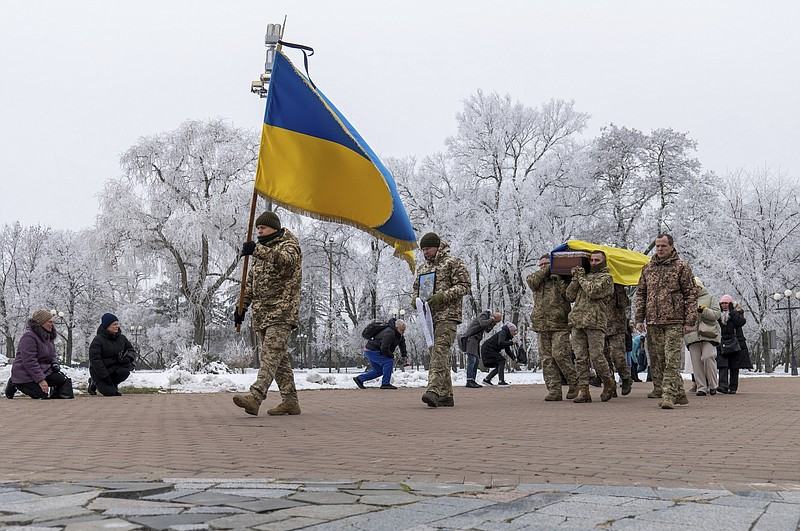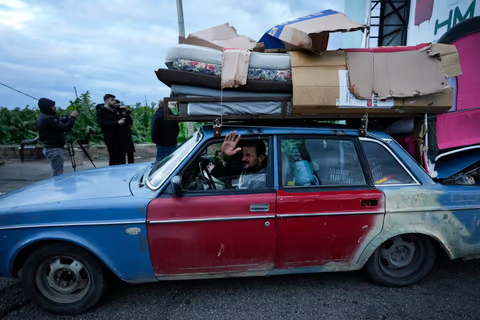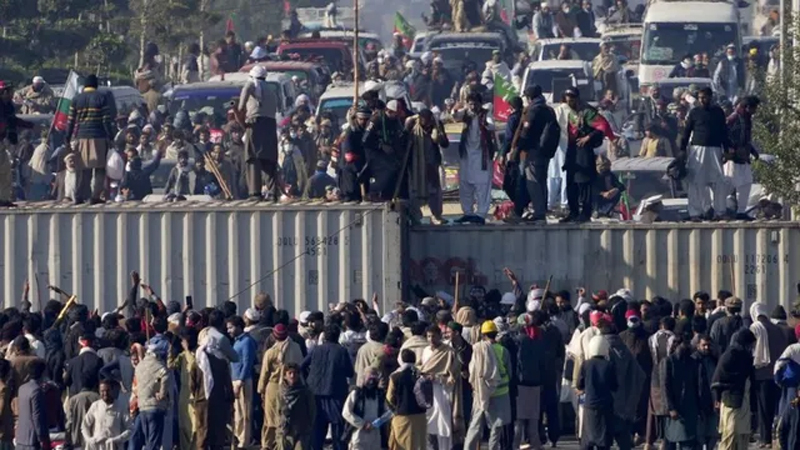
Biden wraps summit with diplomacy lessons
Washington: President Joe Biden is looking to close his two-day virtual Summit for Democracy on Friday by shining a spotlight on the importance of election integrity, countering authoritarian regimes and bolstering independent media.
On the summit’s first day, Biden announced plans for the U.S. to spend up to $424 million around the world to support independent media, anti-corruption work and more. The initiative came as he called on world leaders to work with him to reverse what he called an alarming diminishment of democracy around the globe.
“Will we allow the backward slide of rights and democracy to continue unchecked?” Biden said Thursday. “Or will we together — together — have a vision ... and courage to once more lead the march of human progress and human freedom forward?”
The president is scheduled to deliver closing remarks to leaders and civil society groups on Friday afternoon.
Biden didn’t mention either China or Russia by name as he opened the summit. But he has repeatedly made a case that the U.S. and likeminded allies need to show the world that democracies are a far better vehicle for societies than autocracies. It is a central tenet of Biden’s foreign policy outlook — one that he vowed would be more outward looking than his predecessor Trump’s “America First” approach.
Biden underscored that even long-established democracies, like the United States, haven’t been immune to the strains.
The summit comes as Biden is pressing Russia’s Vladimir Putin to step back after a massive buildup of troops on the Ukraine border that has created growing concern in Washington and European capitals as well as Ukraine itself. Biden on Wednesday said that he warned Putin of “severe consequences” if Russia invaded.
Ukraine’s President Volodymyr Zelenskyy, who took part in Thursday’s summit and later spoke by phone with Biden, said on Twitter, “Democracy is not a given, it must be fought for.”
Poland’s Andrzej Duda spoke out against Russia in his address, decrying Moscow and its support of Belarus.
Poland and Western allies have accused Russian ally Belarus of using migrants as pawns to destabilize the European Union in retaliation for its sanctions on his authoritarian regime. Hundreds of migrants, mostly from the Middle East, have flocked to the Belarus-Poland border.
 English daily published in Bengaluru & Doha
English daily published in Bengaluru & Doha

